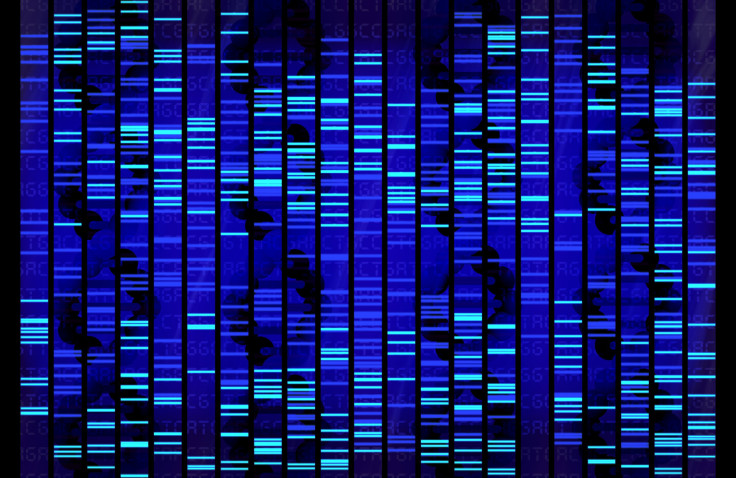FDA Tells 23andMe To Stop Selling Personal Genome Service; Notes Many Uses Of Saliva Kit Haven't Been Approved For Marketing

The U.S. Food and Drug Administration (FDA) ordered the DNA analysis service, 23andMe, to discontinue the promotion of their Personal Genome Service (PGS). In a letter last week to the company’s CEO, Ann Wojcicki, the FDA stated that the company is in violation of the Federal Food, Drug and Cosmetic Act due to its marketing of a service that hadn’t received official clearance or approval.
“[The] FDA is concerned about the public health consequences of inaccurate results from the PGS device,” the letter explained.
Anyone can order a DNA kit from 23andMe’s online store, which is designed to collect a sample of saliva that is then sent back to the company for genetic analysis. The company then provides health recommendations based on the results of the test. People may be advised, for example, to adjust their diet based on the detection of genetic signatures that indicate a greater risk for celiac disease, which causes gluten sensitivity.
In the letter, the FDA clarified that the intended use of 23andMe’s product expanded for use in “diagnosis of disease or other conditions, or in the cure, mitigation, treatment, or prevention of disease, or is intended to affect the structure or function of the body.” The agency also pointed out that the company markets PGS as a tool that provides insight about a person’s “carrier status,” “health risk,” and “drug response” with regard to over 250 diseases and conditions along with actionable steps that can be taken toward “managing serious diseases.” The problem is that this growing list of proposed uses for the PGS device has yet to be classified and obtain premarket approval — an issue that the FDA had communicated to 23andMe on previous occasions.
“Some of the uses for which PGS is intended are particularly concerning,” the FDA wrote in the communications, “because of the potential health consequences that could result from false positive or false negative assessments for high-risk indications.” The agency noted that a false positive for a gene that is a red flag for breast or ovarian cancer, for example, could result in a patient undergoing an invasive battery of tests and procedures that are unnecessary. Conversely, a false negative could mislead patients away from undergoing necessary tests.
The FDA also warned that 23andMe could provide misleading assessments that result in patients dangerously changing their drug regimen. “The risk of serious injury or death is known to be high when patients are either non-compliant or not properly dosed,” the letter warned, “[C]ombined with the risk that a direct-to-consumer test result may be used by a patient to self-manage, serious concerns are raised if test results are not adequately understood by patients or if incorrect test results are reported.”
According to the letter, the FDA’s Office of In Vitro Diagnostics and Radiological Health had been “diligently working to help” 23andMe properly comply with regulatory standards since July of 2009. Specifically, The FDA guided the company towards obtaining various types of approval by, for example, proposing labeling modifications as well as explaining the kind of clinical data that needs to be submitted. “However, even after these many interactions with 23andMe, we still do not have any assurance that the firm has analytically or clinically validated the PGS for its intended uses, which have been expanded from the uses that the firm identified in its submissions.”



























